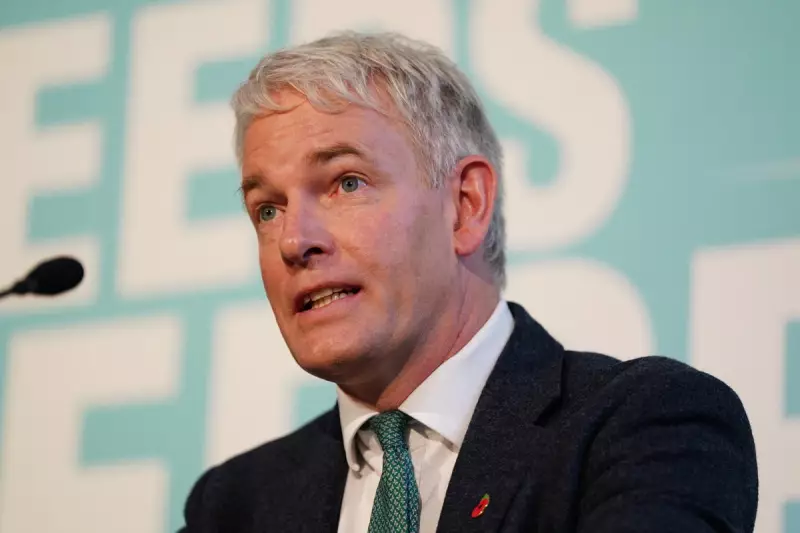
Nigel Farage has ignited a political firestorm after making explosive allegations that "some senior civil servants" harbour sympathies towards Hamas, leading to an immediate parliamentary investigation and widespread condemnation.
Parliamentary Standards Probe Launched
The Reform UK honorary president now faces scrutiny from Parliament's Standards Commissioner following a formal complaint lodged by Labour MP Chris Bryant. The controversy stems from comments made during a live television interview where Farage made the inflammatory claim without providing substantiating evidence.
Chris Bryant, speaking to The Independent, revealed he had reported Farage for potentially breaching the MPs' code of conduct, stating: "I have long thought that he brings the house into disrepute."
Television Remarks Spark Outrage
During his appearance, Farage declared: "I'm not suggesting for a moment that the bulk of our civil service are like this, but I do think there are some senior civil servants who are, frankly, overtly political and have sympathy with Hamas."
These remarks have drawn sharp criticism from across the political spectrum, with many questioning the appropriateness of such allegations without concrete evidence.
Defiance and Doubling Down
Despite the mounting pressure and official investigation, Farage remains defiant. When approached for comment, he stood by his statements, telling The Independent: "I stand by what I said." This unwavering position suggests the former UKIP leader is prepared for a prolonged battle over his controversial comments.
Broader Implications for Civil Service Neutrality
The incident raises significant questions about:
- The traditional political neutrality of the civil service
- The boundaries of acceptable political discourse
- The responsibility of public figures when making serious allegations
- The potential impact on civil service morale and public trust
As the Standards Commissioner begins their investigation, political observers are watching closely to see how this high-profile case will unfold and what precedent it might set for future political conduct.





